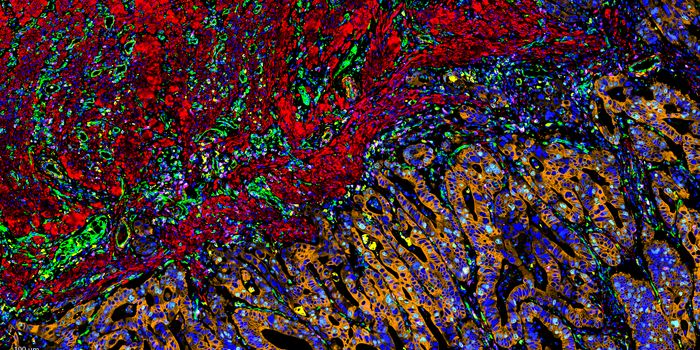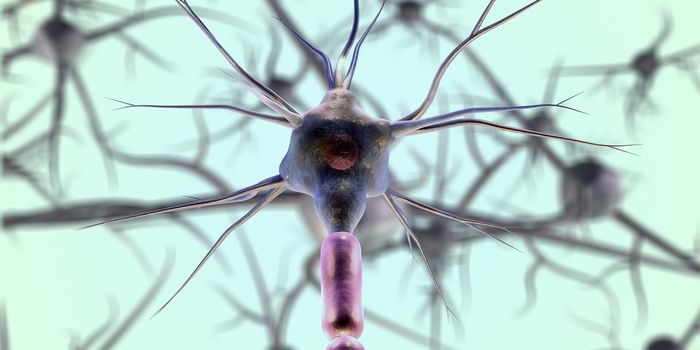Study Reveals New Insights into Immune Dysregulation in Patients with Chronic Fatigue Syndrome (ME/CSF)
Chronic fatigue syndrome/myalgic encephalomyelitis (ME/CFS) is a sustained illness (6-months or more) where the patient has persistent fatigue with worsening symptoms after activity. A few symptoms that characterize the disease include extreme exhaustion, sleep disturbances, disruption in cognitive function (brain fog), dizziness, muscle/joint pain, and sometimes headaches. This can cause a steep decline in motivation and limit an individual’s daily activity. It can also result in poor work performance and a lack of initiative. The exact cause of ME/CSF is unclear, but many scientists think it is a result of many different factors including a dysregulated immune response or how the body generates/uses energy, genetic predisposition, and environmental factors such as stress. It has been widely accepted that a specific trigger (disease, stress, trauma) and the culmination of all these other different factors contributes to ME/CSF.
Unfortunately, ME/CSF is distinct from burnout and cannot improve with rest. Additionally, there is not cure and standard-of-care prioritizes symptom management. This would include improving quality of life through medication, therapy, and activity management. Physicians and patients usually work together to tailor a personalized treatment plan that incorporates multiple approaches.
Currently, there is no test to officially diagnose ME/CSF. Symptoms can also overlap with other illnesses, presenting differently in patients. Although the illness has been recognized for decades, many patients are not diagnosed because symptoms can be attributed to stress or depression. Consequently, they ignore the symptoms or get treated for a different condition. As scientists/physicians learn more about the illness, the better healthcare providers can recognize and treat patients.
A recent article in npj Metabolic Health and Disease, by Dr. Ian Lipkin and others, have detailed the overactive immune response accompanied by ME/CSF. It is well established that patients with ME/CSF have dysregulated immune systems. Specifically, Lipkin and his team report that heightened activity of innate immunity can trigger and lead to chronic inflammation contributing to ME/CSF. Lipkin is the John Snow Professor of Epidemiology and Director of the Center for Infection and Immunity in the Mailman School of Public Health at Columbia University. Lipkin is an international leader in microbial discovery and outbreak response. He was the first to identify AIDS-associated immunological abnormalities and showed that early viral exposure influenced neurotransmitter function. Currently, Lipkin’s research focuses on viral infections and their effect on the immune system.
Lipkin and his team revealed that an overactive innate immune system can lead to ME/CSF. This discovery has therapeutic potential and can improved targeted treatments to reduce symptoms. Researchers analyzed 56 blood samples from patients with ME/CSF and compared it to 52 healthy patients. Through laboratory techniques and computational analysis, the team found irregularities in pathological processes that are associated with chronic inflammatory disease. Further analysis revealed that patients with ME/CSF had metabolic dysfunction, tissue damage, and immune dysregulation that most likely contributed to systemic inflammation. Immune and blood cells critical to fight infection were also found to secrete proteins that drive inflammatory response. What Lipkin and his team discovered was that patients with ME/CSF have overreactive immunity to common infections. Additionally, researchers correlated symptoms of ME/CSF to cellular processes. Consequently, scientists can now identify biological processes to target and enhance patient care. Although more needs to be done to learn about ME/CSF, understanding how it dysregulates immunity and the different biological functions will help inform clinical research and improve therapies.
Article, npj Metabolic Health and Disease, Ian Lipkin, Mailman School of Public Health, Columbia University








